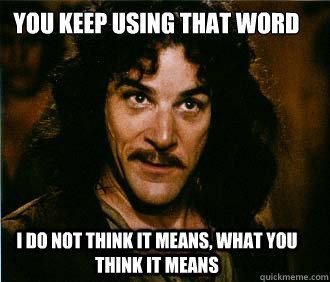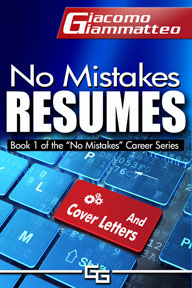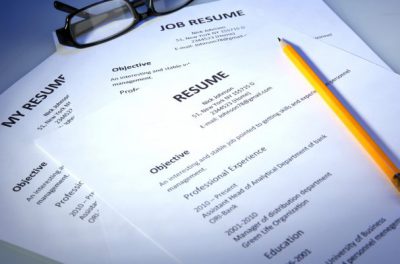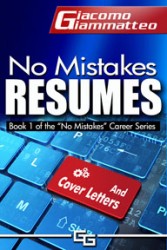A lot of writing, whether or not it’s books or, especially formal business writing, has become excessively bloated, quite pretentious, and very confusing. It has been heavily bogged down with redundancies, and it seems to be quickly getting much worse.
Whoa!
I hope you made it this far, because if it had been me reading this, I might have stopped with that first paragraph. Why? Because it was so bloated, pretentious, unclear, and redundant.
I’m not saying the following is a masterful piece of prose, but it’s far better than the example above.
“A lot of writing, especially business writing, has become bloated, pretentious, confusing, and bogged down with redundancies. And it seems to be getting worse.”
If you look at the words we cut from that first paragraph, you’ll see none of them were needed. You’ll also see the second paragraph conveys the message without confusion—that should be the goal of every sentence.
I’ve included “advice” from well-known authors on writing. It’s worth taking a look.
- “The most valuable of all talents is that of never using two words when one will do.” ~Thomas Jefferson. (That saying has been condensed to “Never use two words when one will do.”
- “Never use a big word when a small word will do.” ~George Orwell.
- “I didn’t have time to write a short letter, so I wrote a long one instead.” ~Mark Twain.
Those three tidbits of advice cover most of what you’ll need to remember when attempting to write succinctly. And if it proves too challenging to remember them all, try to recall just this one: Simple is better.
Redundancies
Redundancies are one of the biggest reasons why some writing is cluttered and confused. As the example above shows, cutting words often makes the meaning more clear. But it’s no wonder this is a big problem, as many people misuse the word “redundant.”
Redundant is often used with the strict meaning of being repetitive, but it actually means not needed or superfluous, although repetitive words can be redundant.
Definition of redundant:
| re·dun·dant adj.1. Exceeding what is necessary or natural; superfluous.2. Needlessly wordy or repetitive in expression. |
Example: For many people, smartphones have made point-and-shoot cameras redundant.
We hear redundancies every day in the way people talk, on TV, and in any form of writing, especially emails. I’ll give a few examples.
- I’m currently not available to talk right now.
- I’m currently away from my desk.
Call 100 people with voice mail and I’ll bet you get this kind of message in quite a few of them. The word currently is often redundant. How about simply saying, “I’m not available to talk.” Or, “I’m away from my desk.”
As you can see, currently and right now are not needed.
Redundancies Are Dangerous
Why? Because they make your writing less clear. Let’s look at some of the worst offenders when it comes to resumes and cover letters. Hint: the words in bold are not needed.
- I got this in an email: “I’ll need at least a week’s advance warning to prepare for the interview.”
- Saw this in cover letter: “If you plan on adding some additional staff…”
- Email: “…to give a brief summary…”
- Resume: “…completely eliminated debt…”
- Cover letter: “…after forming a consensus of opinion…”
- Cover letter: “…during the coarse of my employment at XYZ Co….” (Note: not only did he not need the coarse of, it should have been, the course of.”)
- Resume: “The end result of this line of research…” (End result and final result are two of the biggest offenders.)
- Press release on a major company’s website: “…enables Major Breakthrough in curing…” (Didn’t need to capitalize either of those words, and a breakthrough, by definition, is major.)
- Resume (summary): “…Past experience in the manufacture of…” (Past experience and past history, are frequent offenders on resumes.)
More Redundancies
I could go on for pages but there’s no sense in doing that. I hope you get the point. I have thousands upon thousands of resumes in my database and the vast majority of them are terrible. And these come from all walks of life—from technicians to vice presidents, to CEOs. I have included a list below of some examples I found in my files. There are many more, and if you do an Internet search for “list of redundancies” or something to that effect I’m sure you’ll get all the examples you need. An excellent resource is, “200 Common Redundancies” By Richard Nordquist. He has some great articles on grammar. If you’re interested you should check him out.
List
|
Why Does It Matter?
I’m not out to fix the writing in the corporate world; I’d be happy with helping a few people get the jobs they want. I tackled this subject because so much of the bad writing finds its way into resumes and cover letters. Many of you probably think I’m going overboard on this, that a few words or mistakes won’t make any difference. You might be right. Maybe the company you send your resume to has a gatekeeper that doesn’t care about grammar, or mistakes, or anything other than the fit for the job. But then again, maybe that gatekeeper does care. And if that’s the case, you’re out of luck.
If you enjoyed this post, please share.























Connect
Connect with us on the following social media platforms.